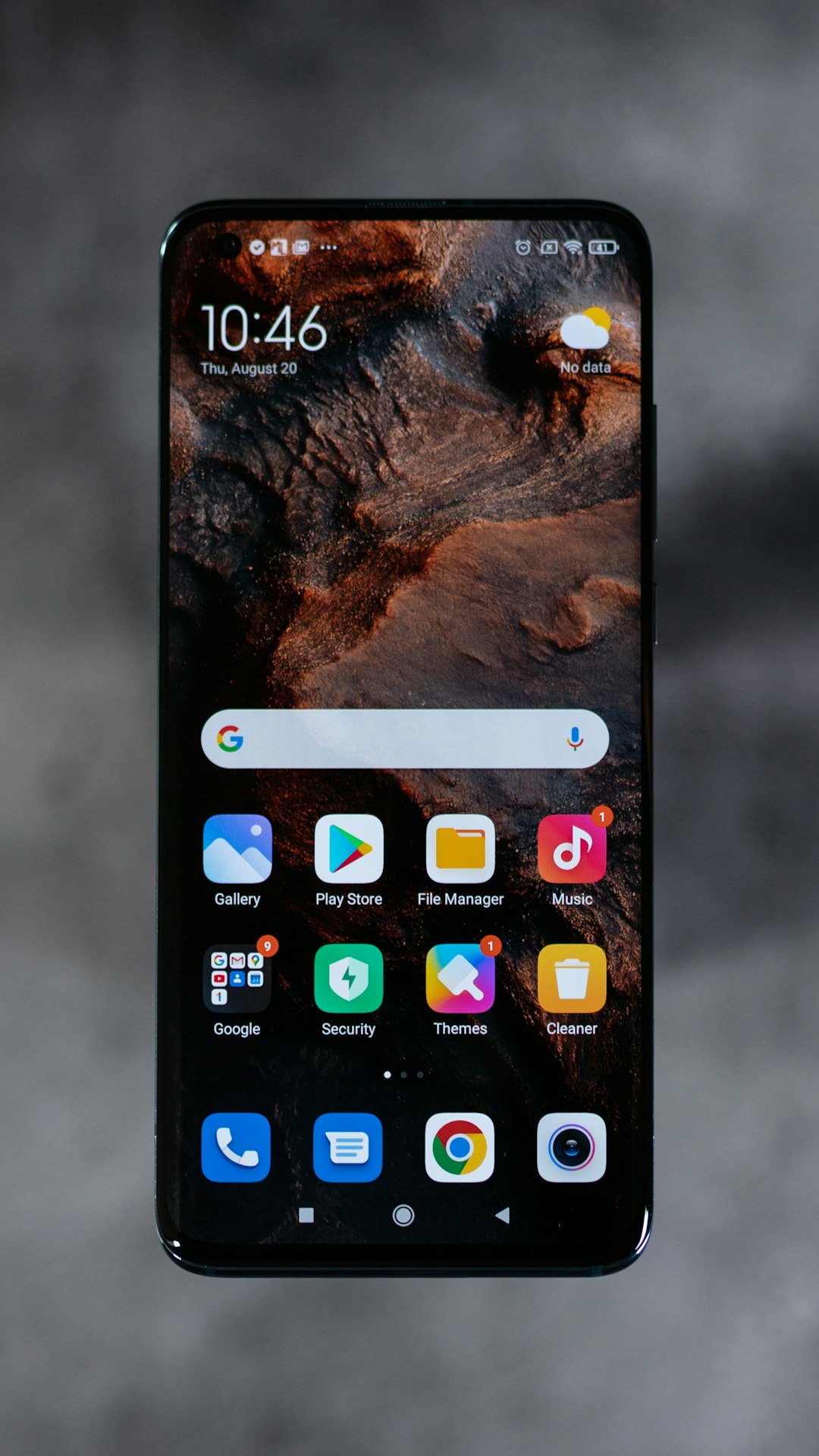In Eugene, Oregon, robocalls targeting vulnerable populations, such as the elderly and digitally illiterate, have become a significant problem. These automated calls, often for legal services or scams, bypass traditional "Do Not Call" registries. To combat this issue, Oregon employs a multi-faceted approach combining technological solutions like AI-driven call blocking systems with public education on identifying and reporting fraudulent calls. The state's attorney general actively pursues legal actions against robocallers, collaborating with Do Not Call law firms to protect residents, particularly the vulnerable elderly. Community engagement through workshops, campaigns, and peer support networks further strengthens defenses against these intrusive and potentially harmful calls.
In recent years, Robocalls targeting vulnerable populations in Eugene have emerged as a pressing concern. These automated calls, often carrying misleading or malicious content, disproportionately affect the elderly and low-income residents. This article delves into the escalating robocall issue, exploring targeted vulnerabilities within the community and Oregon’s response through legal actions and the Do Not Call Registry. We also examine innovative technologies and strategies to combat these nuisance calls and emphasize the role of community engagement in empowering Eugene residents. For tailored legal assistance, consider a Do Not Call law firm Oregon.
Understanding the Robocall Issue in Eugene: A Growing Concern for Vulnerable Communities

In recent years, the rise of robocalls targeting vulnerable populations in Eugene has become a growing concern. These automated phone calls, often promoting legal services or scams, have been particularly prevalent among older adults and individuals with limited access to information. The issue is not just an annoyance; it poses significant risks, from financial loss to invasion of privacy. Vulnerable communities, lacking the resources or digital literacy to verify call sources, are especially susceptible.
Eugene, like many urban areas, has seen a proliferation of these calls due to advanced technology making it easier for unscrupulous actors to target and harass residents. The “Do Not Call” registry, while beneficial, is not a foolproof solution against robocalls as many companies find ways around the rules. This has led to increased frustration among citizens, especially those who frequently receive these unwanted calls. Addressing this issue requires a multi-faceted approach involving both technological solutions and heightened public awareness about how to recognize and report suspected fraudulent calls.
Targeted Vulnerabilities: Who's at Risk in the City?

In Eugene, vulnerable populations—the elderly, individuals with limited financial literacy, and those lacking digital skills—are particularly at risk from robocalls. These automated calls often pose as official communications from government agencies or reputable companies, preying on fear and uncertainty to trick recipients into providing personal information or making impulsive decisions. The city’s relatively high population density and diverse demographic makeup make it an attractive target for scammers.
Many older residents, who may rely more heavily on the phone for communication, can fall victim to these tactics due to reduced digital literacy. Similarly, low-income individuals might be more susceptible due to financial stress, making them easier marks for scams promising quick cash or legal assistance from a “Do Not Call” law firm in Oregon—a tactic designed to exploit their vulnerability.
Legal Actions and The Do Not Call Registry: Oregon's Response

In response to the surge in robocalls targeting vulnerable populations, Oregon has taken significant steps to combat this growing issue. One key initiative is the state’s robust Do Not Call Registry, which allows residents to opt-out of unwanted telemarketing calls. This registry is a powerful tool in the fight against robocallers, as it provides a legal shield for those who register. Moreover, Oregon’s attorney general has been proactive in pursuing legal actions against companies engaging in deceptive or illegal robocalling practices. These actions serve as a deterrent and send a clear message to call centers that such activities will not be tolerated.
The collaboration between the state and Do Not Call law firms in Oregon has been instrumental in holding robocallers accountable. By combining legal expertise with the registry’s reach, these efforts aim to reduce the number of intrusive calls and protect the peace of mind of Oregon residents, especially those who are vulnerable or elderly.
New Technologies and Strategies to Combat Robocalls

In the ongoing battle against robocalls targeting vulnerable populations, new technologies and strategies are emerging as powerful tools. Advanced AI-driven call blocking systems can now identify and filter out unwanted automated calls, significantly reducing the volume of robocalls reaching individuals’ phones. These systems learn from vast datasets to recognize patterns associated with spam calls, ensuring a more robust defense against evolving robocall tactics.
Additionally, state-of-the-art machine learning algorithms are being deployed to predict and mitigate potential robocall attacks before they even begin. By analyzing call patterns and historical data, these algorithms can identify high-risk areas and target groups, enabling proactive measures such as blocking lists and consumer education campaigns. This proactive approach, combined with the Do Not Call law firm Oregon regulations, is transforming the way communities defend themselves against these persistent intrusions, fostering a safer and more secure communication environment for all residents in Eugene.
Community Engagement and Awareness: Empowering Eugene Residents

In the ongoing battle against robocalls targeting vulnerable populations in Eugene, community engagement and awareness play a pivotal role. Local organizations and residents are increasingly coming together to share information, report suspicious calls, and advocate for stricter regulations. Through workshops, educational campaigns, and peer-to-peer support networks, Eugeneans are learning how to identify and combat these automated fraud attempts.
The effort has been boosted by collaborations with local law enforcement and consumer protection agencies, who provide regular updates on the latest scams and offer guidance on what actions to take. Encouraging community members to share their experiences and knowledge helps to create a culture of vigilance and empowerment, making it harder for robocallers to exploit vulnerable individuals. This collective approach ensures that Eugene remains a resilient front against unethical telemarketing practices, with residents better equipped to protect themselves and their neighbors from falling victim to deceptive calls, including those from so-called “Do Not Call Law Firm Oregon” scams.






